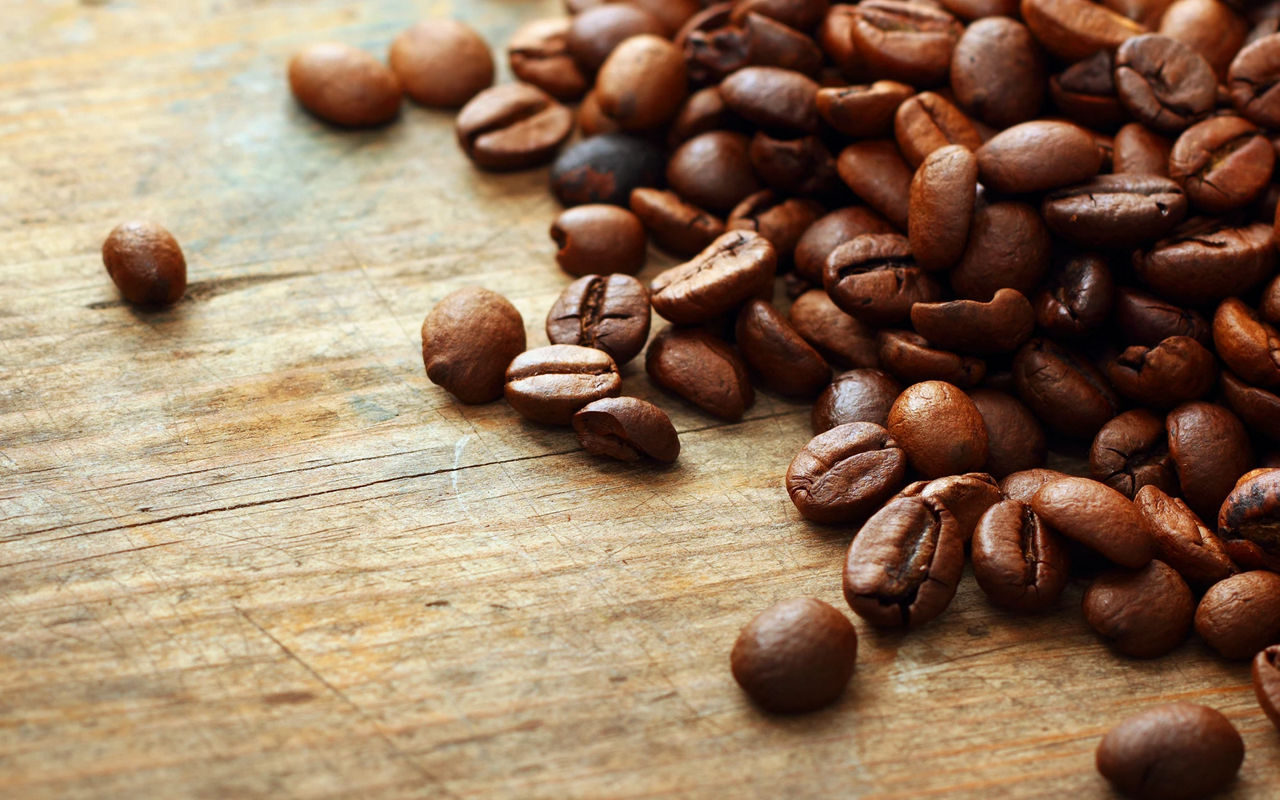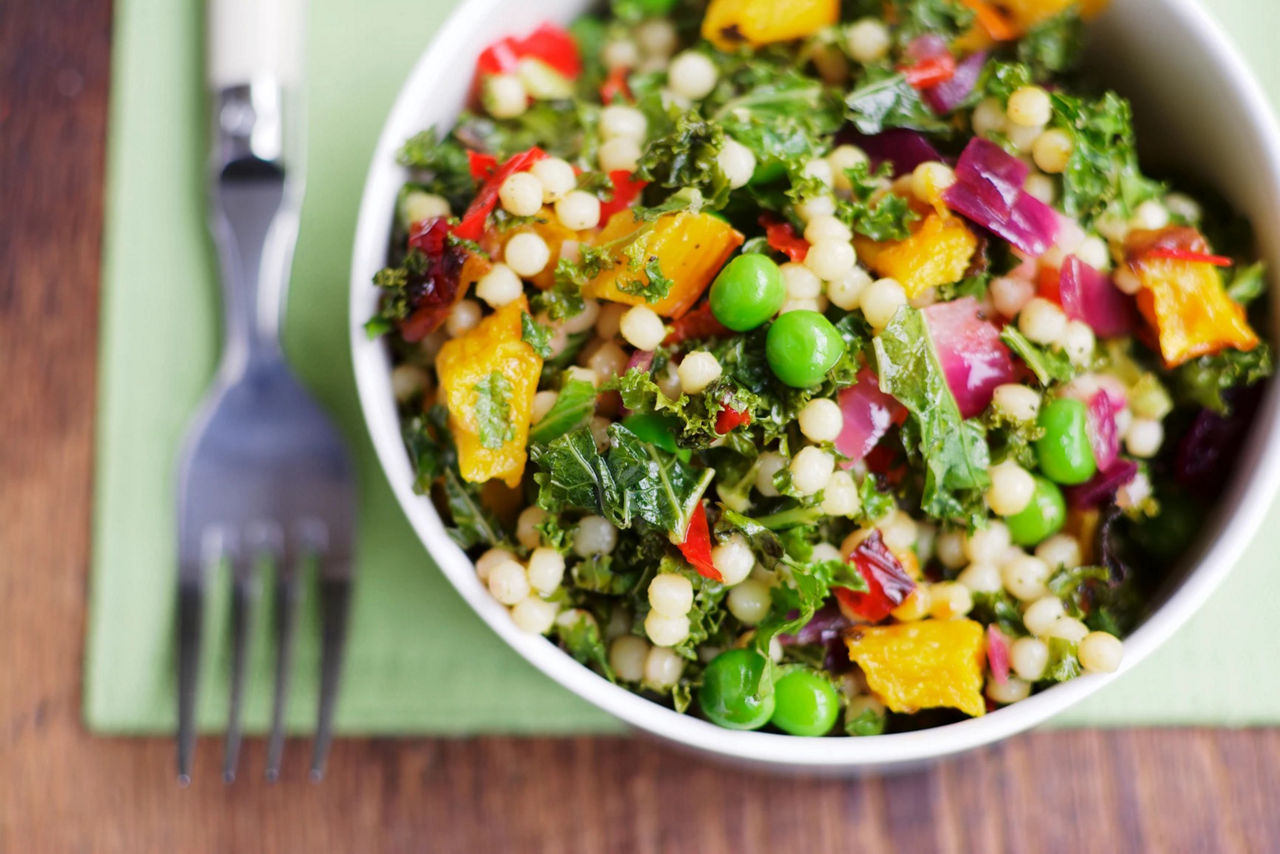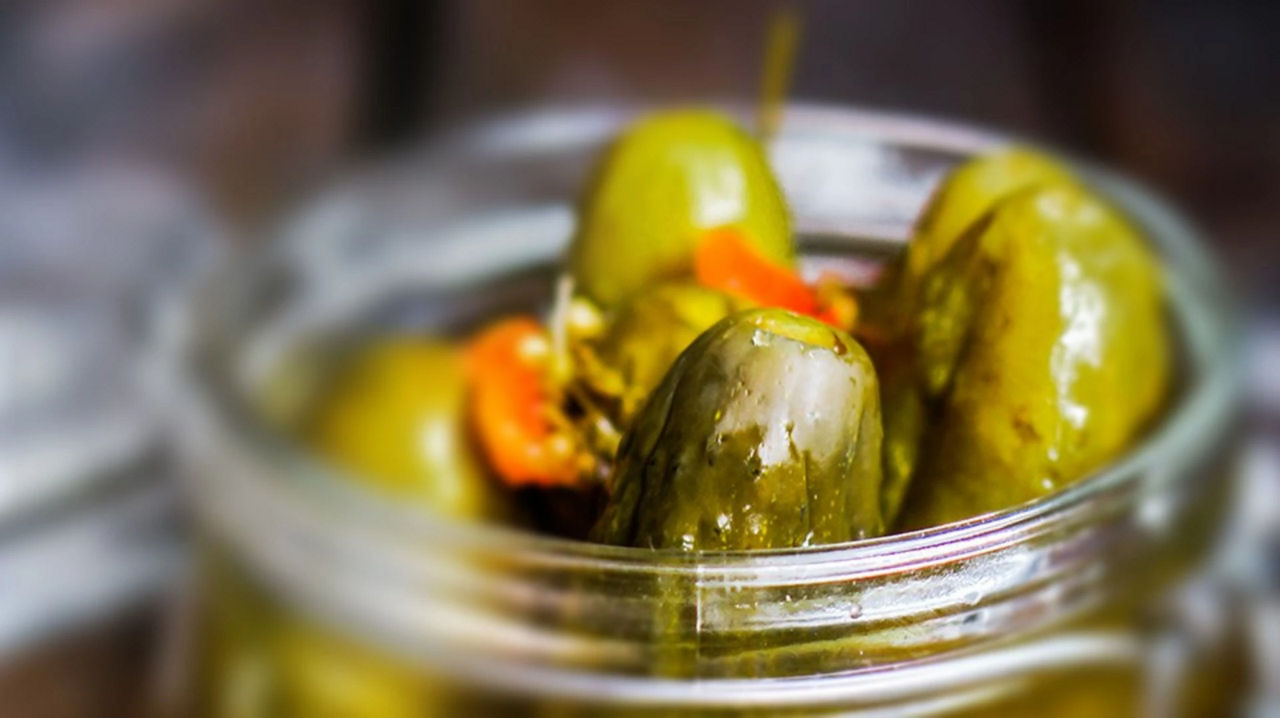Caffeine During Pregnancy
For many of us, caffeine is ingrained in many of our everyday routines, providing a boost at the start the day and a welcome pick-me-up mid-morning. But while its stimulating effects may help give you the boost you need during pregnancy, you need to be mindful of how caffeine might be effecting your baby too.
Discover why it’s best to limit caffeine when you’re pregnant, for both you and your baby, how much caffeine it’s safe to have each day, plus some tips on reducing your intake.

The effects of caffeine on your baby during pregnancy
Caffeine is a stimulant that makes you feel temporarily more awake and alert1. It can affect both your blood pressure and your heart rate, which can lead to problems during pregnancy. And because it can act as a diuretic, increasing your need to urinate, it can leave you dehydrated
Caffeine stays in your system for longer when you’re pregnant, which means its effects can last longer and may even be stronger2.
But especially important is the effect it can have on your baby. During pregnancy, caffeine can pass into the placenta, causing your baby to experience the same buzz from a strong coffee as you do – it increases their heart rate and makes them feel more alert. It can also cause them to experience the same withdrawal symptoms that you may feel too3.
Caffeine has also been associated with the risk of miscarriage4 in early pregnancy and low birth weight babies5.
How much caffeine is it safe to have when you’re pregnant?
Because of the effects caffeine has on both you and your baby, it’s best to reduce your caffeine intake as much as possible during pregnancy.
The NHS advise that pregnant women should have no more than 200mg of caffeine a day – which is equivalent to around two mugs of instant coffee4.
It’s worth noting that the amount of caffeine in coffees bought from cafes and coffee shops can vary considerably – one study revealed that in some cases, a single shot of espresso can contain as much as 322mg of caffeine6.
How much caffeine is there in…?
| Food or drink | Average caffeine content7,8 | Maximum amount to stay within the recommended limit of 200mg of caffeine |
|---|---|---|
| A mug of instant coffee | 100mg | 2 mugs |
| A mug of filter coffee | 140mg | 1 ¹/² mugs |
| A mug of tea | 75mg | 3 mugs |
| A mug of decaf tea | 4mg | 50 mugs |
| A mug of green tea | 50mg | 4 mugs |
| A can of classic cola | 40mg | 5 cans |
| A can of energy drink | 80mg | 2 ¹/² cans |
| A small bar of dark chocolate | 50mg | 4 bars |
| A small bar of milk chocolate | 25mg | 8 bars |

Reducing your caffeine intake
Many women experience an aversion to caffeine in early pregnancy – so it may be easier to reduce your caffeine intake than you thought9.
However, if that’s not the case for you, there are plenty of low caffeine alternatives you can try. If you can’t resist a frothy coffee, a cup of decaffeinated coffee or a foamy hot chocolate contains significantly less caffeine. Herbal teas such as ginger, peppermint and lemon are good alternatives if you love a good cup of tea. Replacing a can of coke or an energy drink with a 100% pure fruit juice will count towards your daily 5-a-day, just once per day. And substituting a bar of chocolate for a low-sugar oat bar or piece of flapjack will provide you with a source of slow-release energy.
Related Topics
related articles
Read more

Need some help?
You can get quick answers to common questions in our FAQs.
Alternatively, if you need help with general pregnancy or baby advice, or maybe on using or ordering our products - our expert team are always on hand to talk about feeding your baby.
- NHS. Water, drinks and your health [Online]. 2018. Available at https://www.nhs.uk/live-well/eat-well/water-drinks-nutrition/ [Accessed April 2020]
- Knutti R et al. Effect of pregnancy on the pharmacokinetics of caffeine. Eur J Clin Pharmacol 1981:21:121–126 Available at: https://link.springer.com/article/10.1007/BF00637512
- Castellanos FX, Rapoport JL. Effects of caffeine on development and behavior in infancy and childhood: a review of the published literature. Food Chem Toxicol. 2002;40(9):1235–42. Available at: https://www.ncbi.nlm.nih.gov/pubmed/12204387
- NHS. Should I limit caffeine during pregnancy? [Online]. 2018. Available at: www.nhs.uk/chq/Pages/limit-caffeine-during-pregnancy.aspx?CategoryID=54&SubCategoryID=216 [Accessed April 2020]
- CARE Study Group. Maternal caffeine intake during pregnancy and risk of fetal growth restriction: a large prospective observational study BMJ 2008; 337:a2332. Available at: https://www.bmj.com/content/337/bmj.a2332.abstract
- Crozier T et al. Espresso coffees, caffeine and chlorogenic acid intake: potential health implications. Food Funct. 2012 Jan;3(1):30-3.
- Mitchell D et al. Beverage caffeine intakes in the U.S. Food and Chemical Toxicology, 2014;63:136-142.
- Zouma, B. et al. Journal of Foods Science 1980;45(2):314-316.
- Lawson C et al. Changes in caffeine consumption as a signal of pregnancy. Reproductive Toxicology, 2004;18(5):625-633. Available at: https://www.sciencedirect.com/science/article/pii/S0890623804000607
Last reviewed: 28th July 2020
Reviewed by Nutricia’s Medical and Scientific Affairs Team



